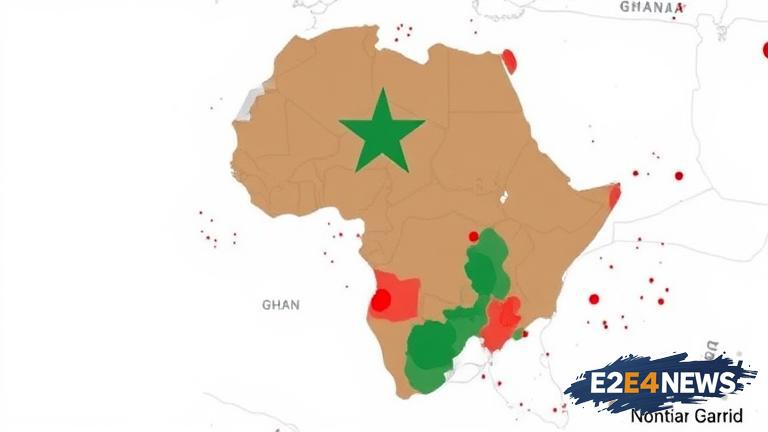Ghana’s blood supply has been facing significant challenges in recent years, with the country’s annual needs remaining unmet. According to the National Blood Service (NBS), the demand for blood in Ghana is approximately 250,000 units per year. However, the country has been struggling to meet this demand, with the NBS only able to collect around 150,000 units of blood annually. This shortage has severe consequences for patients in need of blood transfusions, particularly those undergoing surgery, pregnant women, and individuals with blood disorders. The NBS has attributed the shortage to a lack of voluntary blood donors, with many Ghanaians still holding misconceptions about blood donation. Additionally, the country’s blood collection infrastructure is inadequate, with many rural areas lacking access to blood banks and collection centers. The Ghanaian government has been working to address the shortage, with initiatives such as the establishment of a national blood policy and the creation of a blood donor recruitment program. However, more needs to be done to address the root causes of the shortage and ensure that the country’s blood supply meets the needs of its citizens. The consequences of inaction will be severe, with patients’ lives put at risk due to a lack of access to safe and adequate blood supplies. The NBS has called on the government to increase funding for blood collection and storage, as well as to implement public awareness campaigns to educate Ghanaians about the importance of blood donation. The international community has also been urged to provide support to Ghana in its efforts to address the blood shortage. In recent years, there have been efforts to increase blood donation in Ghana, including the organization of blood donation drives and the establishment of blood donor clubs. However, these efforts have been hindered by a lack of resources and infrastructure. The NBS has also been working to improve the safety and quality of the blood supply, with the implementation of strict screening and testing protocols for donated blood. Despite these efforts, the blood shortage remains a significant challenge for Ghana’s healthcare system. The country’s healthcare providers are being forced to ration blood, with some patients being denied transfusions due to a lack of available blood. This has led to a significant increase in mortality rates, particularly among pregnant women and children. The economic consequences of the blood shortage are also significant, with the cost of importing blood from other countries being substantial. The Ghanaian government has been urged to take a multifaceted approach to addressing the blood shortage, including increasing funding for blood collection and storage, implementing public awareness campaigns, and improving the country’s blood collection infrastructure. The international community has also been called upon to provide support to Ghana in its efforts to address the blood shortage. In conclusion, Ghana’s blood supply crisis is a significant public health concern that requires immediate attention and action. The government, healthcare providers, and the international community must work together to address the root causes of the shortage and ensure that the country’s blood supply meets the needs of its citizens.
